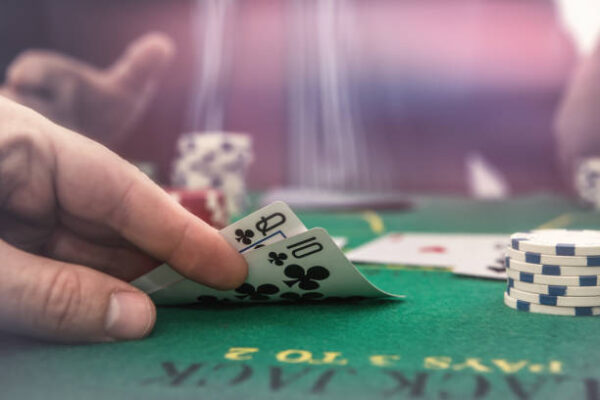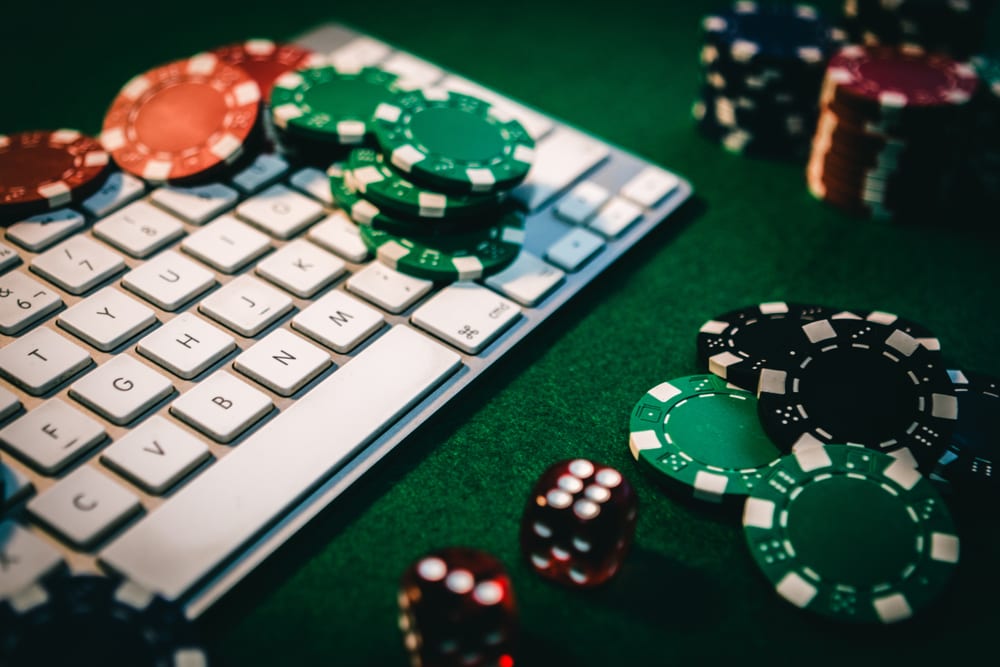Gambling is a popular form of entertainment that involves wagering on various games of chance. Despite the excitement and thrill of the game, some players resort to cheating to increase their chances of winning. Cheating in gambling comes in various forms and can have severe consequences. This article explores the methods of cheating in gambling, the risks involved, and the consequences of breaking the rules.
Methods of Cheating in Gambling
Cheating in gambling is not limited to one method. Here are some of the most common methods used by players to cheat:
- Marked Cards: This involves marking specific cards so that they can be easily identified during the game.
- Cheating Devices: Gadgets such as miniature cameras or infrared lenses are used to monitor opponents’ cards secretly and gain an advantage.
- Sleight of Hand: Players use tricks to shuffle and deal cards in a way that favours them.
- Collusion: Players team up with others to share information such as the contents of their hands or coordinate their actions secretly.
- Chip Dumping: This involves losing intentionally to a partner to transfer chips and stack the odds in favour of one person.
The Risks Involved in Cheating
Cheating in gambling is a significant risk to the integrity and fairness of the game. While some players may think they can get away with cheating, the risks involved are enormous. Cheating tactics are usually illegal and can result in severe penalties, including fines, imprisonment, and even permanent exclusion from casinos. Cheaters also face social stigma and can lose their reputation and credibility. Moreover, players may risk losing legitimate winnings and damaging relationships with friends and family members.
The Consequences of Breaking the Rules
The consequences of cheating in gambling can be severe and have long-term implications. Besides legal and social penalties, cheaters are likely to experience financial losses from lost wages and legal fees. In addition, they may suffer emotional distress and psychological trauma. Cheating can also lead to addiction, as players may become overconfident and addicted to the thrill of winning. Moreover, cheaters undermine the core principles of gambling and make it difficult for honest players to enjoy the game fairly.
Cheating in gambling is not only illegal but also undermines the integrity of the game. Players who cheat risk significant penalties, including legal, social, and financial consequences. Instead of cheating, players should focus on developing their skills and strategies and playing the game fairly. Gambling is a form of entertainment that should be enjoyed responsibly, and cheating has no place in that.











